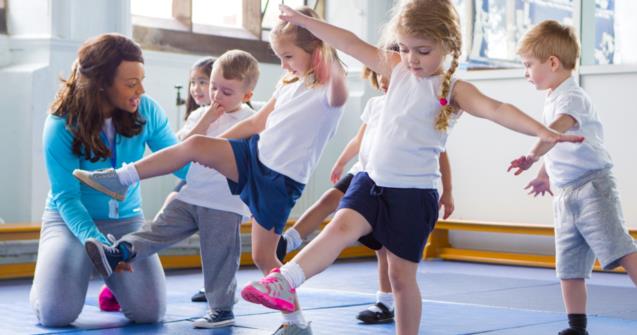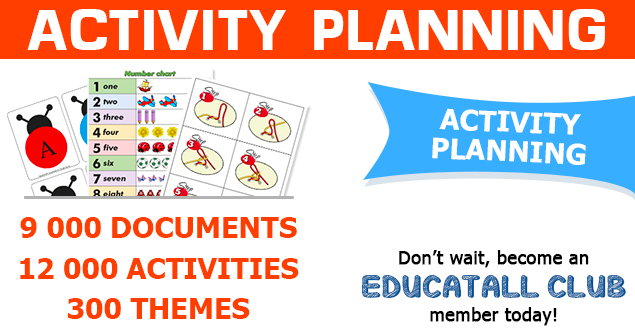
How to intervene with an unathletic child
I am smiling as I write this article. Of course, my day to day life as a mother and specialized educator regularly influences my articles. My children make me laugh and smile and inspire me to write about certain subjects. I would like to share a true story, a tidbit from our family life. My daughter, who is the artist of the family, complained about walking to school this morning. She stated that her legs are both too small and too heavy to complete the short walk between our home and school. Note that we live 4 minutes from the school...at the very most. This situation made me laugh because it showed to which extent my daughter is unathletic. She is comfortable in her little universe filled with crayons, pads of paper, and books. There's nothing wrong with that. In fact, I encourage her to pursue her passion for art. Nonetheless, since I am quite active, deep in my heart, I would like her to develop her "sporty" side or a minimal interest in a sport or activity.
I would be very surprised if she were to become a prominent athlete, but I would like to see her enjoy being active, take pleasure in going outside to participate in an activity, and reap the benefits of physical activity.
I wanted to share all of this with you because you may have children in your daycare group who are less motivated to be active, children you would like to slowly introduce to the joys of physical activity. How can you encourage unathletic children to move and have fun without disrupting them too much? Here are a few suggestions:
- Be realistic and lower your expectations. Avoid hour-long walks or climbing a mountain with these children. These activities would surely be quite unpleasant for everyone involved. Be realistic in terms of "time", but also in terms of the "activity". Certain types of activities require greater effort. Focus on easier activities.
- Be an example for children by actively taking part in the various activities you organize. Avoid being a simple spectator. Participate and clearly demonstrate that you are having fun.
- Experiment with different types of activities. Games involving balls, exercises, team sports, and yoga are all activities children may (or may not) enjoy. Introducing different activities will increase the chances of children discovering new interests.
- Alternate periods of physical activity and periods where calmer activities are available. Activities involving sports should be offered for very short periods. Encourage children who are having fun to continue and give less athletic children the opportunity to return to calmer activities.
- Invite children to take turns introducing their favorite sport to the rest of the group. They each have their own preferences. Take advantage of their interests to present new types of physical activity to your group every day or every week. Unathletic children may also be given the opportunity to present their favorite hobby. They may even surprise you...
In conclusion, I would like to emphasize the importance of respecting children's uniqueness. Some children may not be athletic whereas others may show no interest in art or science. Respecting each child for who he/she is will help them discover their strengths and build self-respect. I seriously think that, with young children, our goal must be to introduce them to the infinite possibilities that are available and let them choose what best suits their interests.
Maude Dubé, Specialized educator

 Home
Home Theme activities
Theme activities
 Babies and toddlers
Babies and toddlers
 Arts and crafts
Arts and crafts
 Science
Science
 Creative recipes
Creative recipes
 Tips and tricks
Tips and tricks
 Special needs
Special needs
 Extra activities
Extra activities
 Educ-TV
Educ-TV
 Newsletter
Newsletter  Online store
Online store Educatall club
Educatall club

